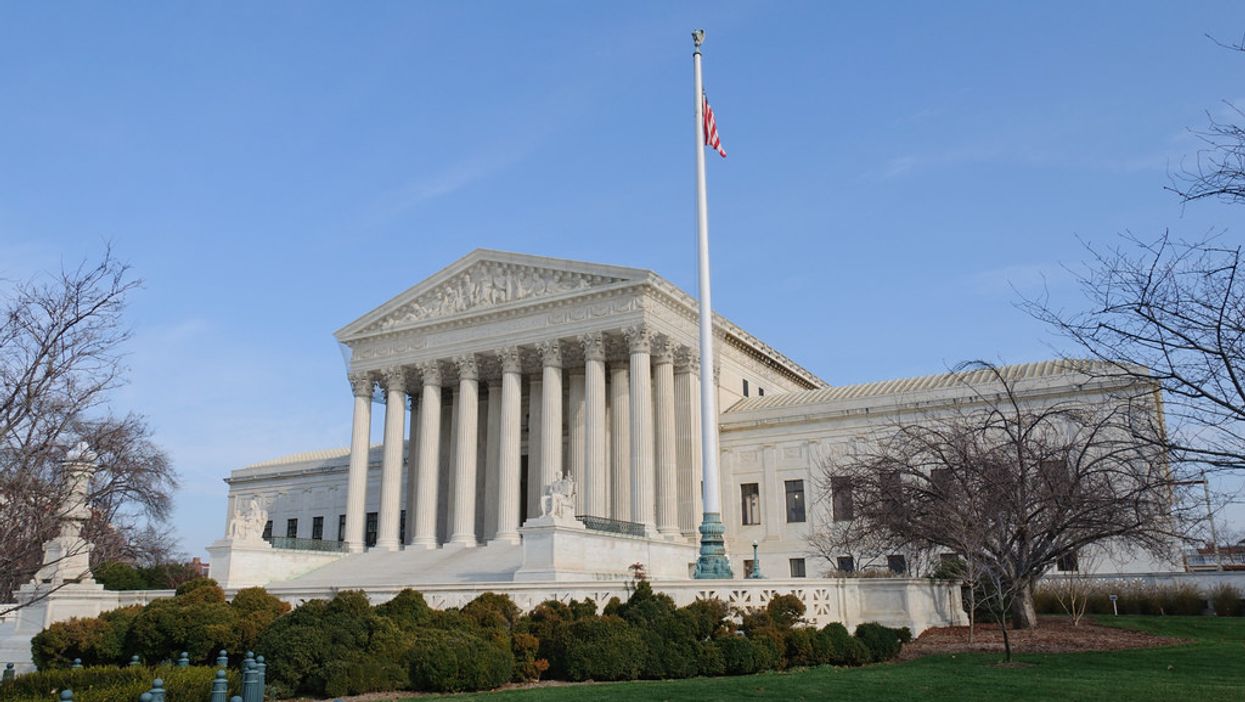There is no constitutional limit to the use of political muscle in drawing legislative boundaries to favor the party in power, the Supreme Court ruled on Thursday.
The decision is a landmark setback for those who view partisan gerrymandering as one of the biggest problems plaguing American democracy. Rather than work with new judicial tests for the limits lawmakers can go to in crafting congressional and state legislative district lines for partisan gain, advocates of redistricting reform will instead need to redouble their efforts to drain politics out of electoral mapmaking state by state.
Partisan gerrymandering claims present political questions "beyond the reach of the federal courts," Chief Justice John Roberts wrote for the 5-4 majority: "None of the proposed tests for evaluating partisan gerrymandering claims meets the need for a limited and precise standard that is judicially discernable and manageable."
The justices upheld congressional districts in North Carolina drawn by the GOP and in Maryland drawn by the Democrats. The ruling also casts in doubt decisions by lower federal courts this spring that held the Republican-dominated congressional maps in Ohio and Wisconsin were unconstitutional
The five conservative justices said that federal courts should defer to the will of state mapmakers because there exists no clear standard to determine when a map is so egregiously drawn in favor of one party that it violates the Constitution.
The court's four liberal justices disagreed, saying the court was obligated to intervene in cases when the state's majority party has drawn a map for the purposes of maintaining power.
"For the first time ever, this court refuses to remedy a constitutional violation because it thinks the task beyond judicial capabilities," Justice Elena Kagan wrote for the dissenters. "The partisan gerrymanders in these cases deprived citizens of the most fundamental of their constitutional rights: the rights to participate equally in the political process, to join with others to advance political beliefs, and to choose their political representatives."




















Marco Rubio is the only adult left in the room